COVID-19
Coronavirus disease (COVID-19) is an infectious respiratory disease that can be spread in several ways, including:
- inhaling droplets and smaller particles in the air when an infected person coughs, sneezes, or breathes out
- smaller particles may remain in the air for longer periods travel farther and may land on hard surfaces along with droplets
- touching a surface with the virus on it and then touching your face
- touching surfaces in washrooms, as the virus may be found in feces
The following recommendations have been prepared by our Migrant Worker Health Expert Working Group (MWHEWG) to address the needs of migrant agricultural workers (MAWs) in Canada during the COVID-19 pandemic.
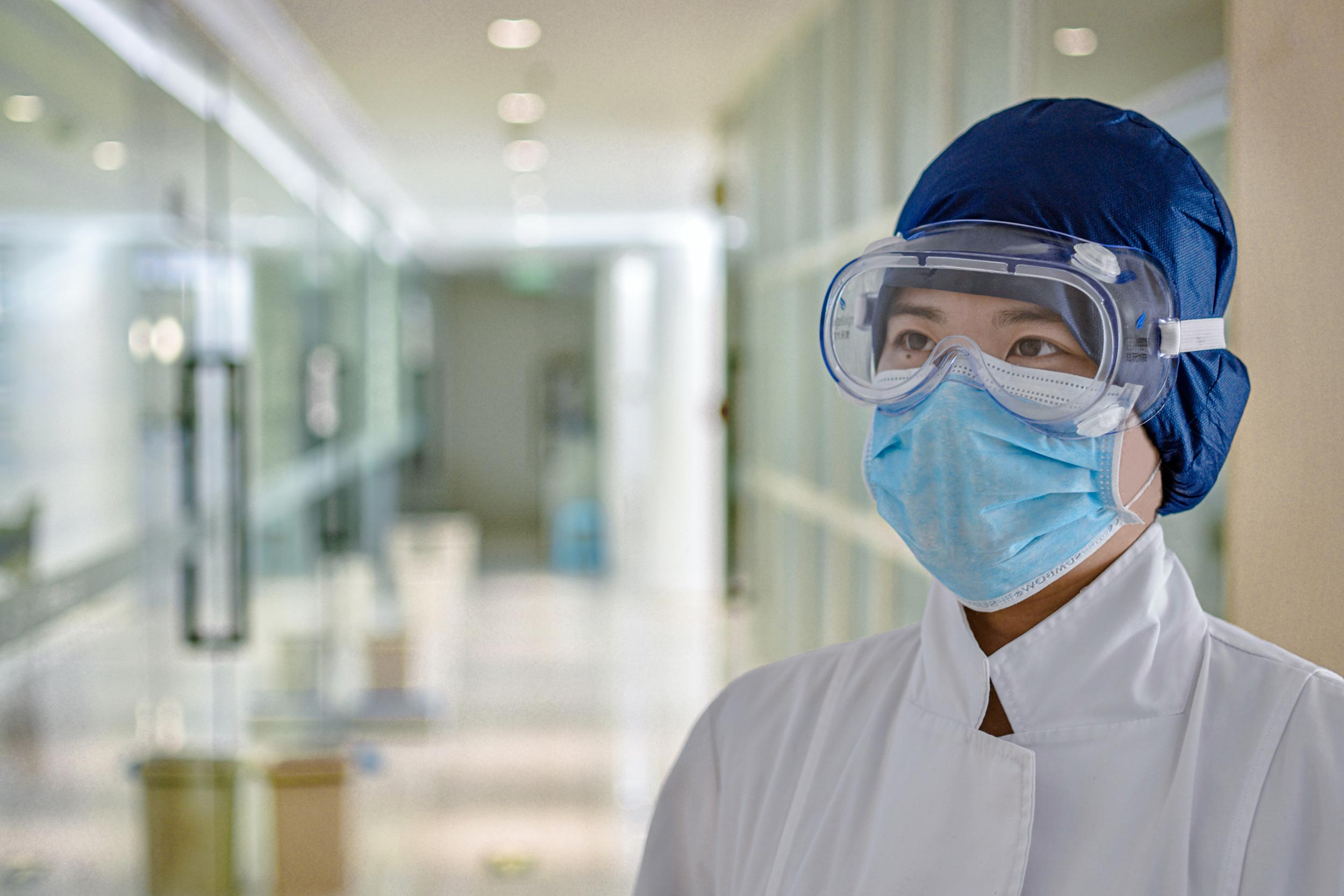
Frequently Asked Questions
DECISION MAKING
Coronavirus disease (COVID-19) is an infectious respiratory disease that can be spread in several ways, including:
- inhaling droplets and smaller particles in the air when an infected person coughs, sneezes, or breathes out
- smaller particles may remain in the air for longer periods travel farther and may land on hard surfaces along with droplets
- touching a surface with the virus on it and then touching your face
- touching surfaces in washrooms, as the virus may be found in feces
- Most people who contract COVID-19 will experience MILD TO MODERATE SYMPTOMS, and will recover without special treatment
- Some people with COVID-19 display NO SYMPTOMS, but can still transmit the virus
- Some people are more at risk of developing SEVERE COMPLICATIONS from COVID-19 because of underlying medical conditions and age (more severe than seasonal influenza)
- Summary of COVID-19 cases across Canada and over time: https://health-infobase.canada.ca/covid-19/epidemiological-summary-covid-19-cases.html
- Website contains detailed data about the spread of the virus over time and in different regions of the country. Includes breakdowns by age and sex or gender. Provides an overview of hospitalizations and deaths, testing, variants of concern and exposures.
- Public health measures and guidelines in communities across Canada are in place to prevent the spread of COVID-19, including ‘stay home’ order to all non-essential workers, a ban on group gatherings, and social distancing (2 metres form others) in public spaces
- The Jamaican government require all workers travelling to Canada to sign a waiver absolving the Jamaican government of any liability for any “costs, damages, and loss” caused by exposure to COVID-19
- NO, you must sign the waiver to participate in the 2020 season
- NO, you cannot be sent home if you become sick with COVID-19 in Canada
- You must remain in Canada to receive health care and treatment before returning home
PRE-DEPARTURE
- Wear a mask
- Maintain social distancing - keep 2 metres apart between people
- Proper hygiene, and avoid touching your face
- Avoid gathering in crowds
- Wearing a mask while travelling (in the airplane and on buses) can help prevent the spread of COVID-19 while travelling to the farm
- Wash your hands often, and do not touch your face
ON ARRIVAL
- You will be transported from the airport to the farm, and should continue to wear a mask and adhere to social distancing (if possible)
- Temporary foreign workers entering Canada are required to enter 2 weeks of self-isolation (also called quarantine) after you arrive at the farm
- Your employer cannot prevent workers from isolating
- Your employer should provide you with information about COVID-19 on or before your first day of isolation
DURING ISOLATION
- NO, you CANNOT work during isolation
- Also, your employer CANNOT ask you to perform other duties, such as building repairs or administrative tasks
- YES, your employer MUST pay their workers regular pay and benefits for the self-isolation period
-
The payment you receive is not an advance, and you do not have to reimburse it later
-
This payment also applies to workers in the Seasonal Agricultural Worker Program (SAWP)
- For SAWP workers, the period of paid quarantine will be in addition to the minimum 240 hours of pay as specified in the SAWP contract
-
Before arriving in Canada, you will need a plan for how you will access food and other essentials, which may include asking your employer to help
- The cost of food may be deducted from your wages after you start working
- Maintain physical distancing
- Your employer is required to modify your living areas during the period of isolation to ensure 2 metres between beds
- Ensure proper personal hygeine
- Your employer must have cleaned and disinfected your living areas, and provided cleaning supplies for you to clean (kitchens, bathrooms, and common areas should be cleaned daily)
- If a worker becomes sick at any time, report it to your employer
- Your employer must immediately arrange for the worker to be fully isolated from others, and contact local public health officials
POST ISOLATION / BACK TO WORK
- Maintain social distancing of 2 metres
- Avoid gathering in groups
- Maintain appropriate hygiene
- Keep surfaces in common areas clean
- If you have mild symptoms, you can take an online assessment: https://ca.thrive.health/covid19/en
- Report to your employer
- Essential stores and business (such as grocers and banks) are operating with public guidelines mandating social distancing – you can expect to wait in line for a long time before being allowed to enter the store (and some items are not available)
- DO NOT travel or congregate in groups while in public spaces – this is prohibited by law
Read more from the sources used to compile this list of Frequently Asked Questions:
http://www.canada.ca/coronavirus
https://www.thestar.com/business/2020/04/13/migrant-farm-workers-fear-exposure-to-covid-19.html
OTHER COVID-19 RESOURCES
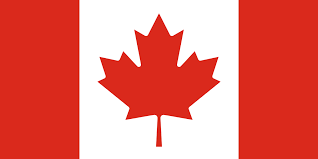
COVID-19 FAQ from the Government of Canada
COVID-19: A Guide for Temporary Foreign Workers in Canada from the Government of Canada
Guidance for Employers from the Government of Canada
Regulations Amending the Immigration and Refugee Protection Regulations from the Government of Canada
Temporary Foreign Worker Program information from the Government of Canada
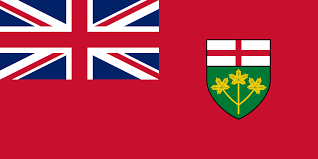
Temporary Guidance for Foreign Workers from the Ontario Ministry of Health
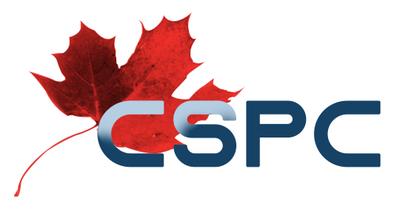
Government COVID-19 Guidelines Gamble on the Lives of Migrant Agricultural Workers editorial in Canadian Science Policy Centre
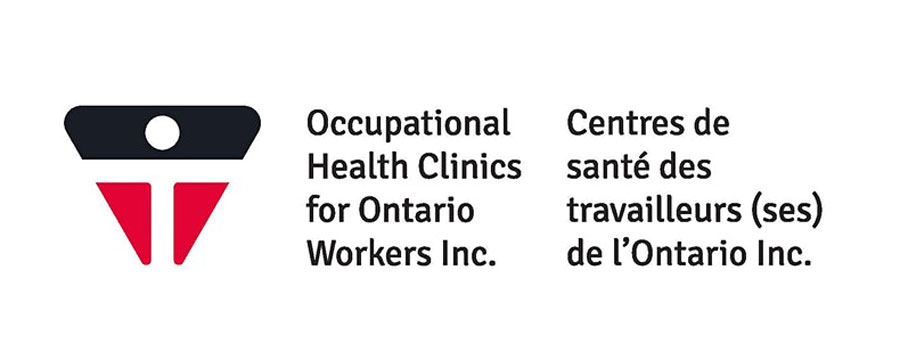
Temporary Foreign Agricultural Workers and COVID 19 Safety Guidance & Resources from Occupational Health Clinics for Ontario Workers Inc.
